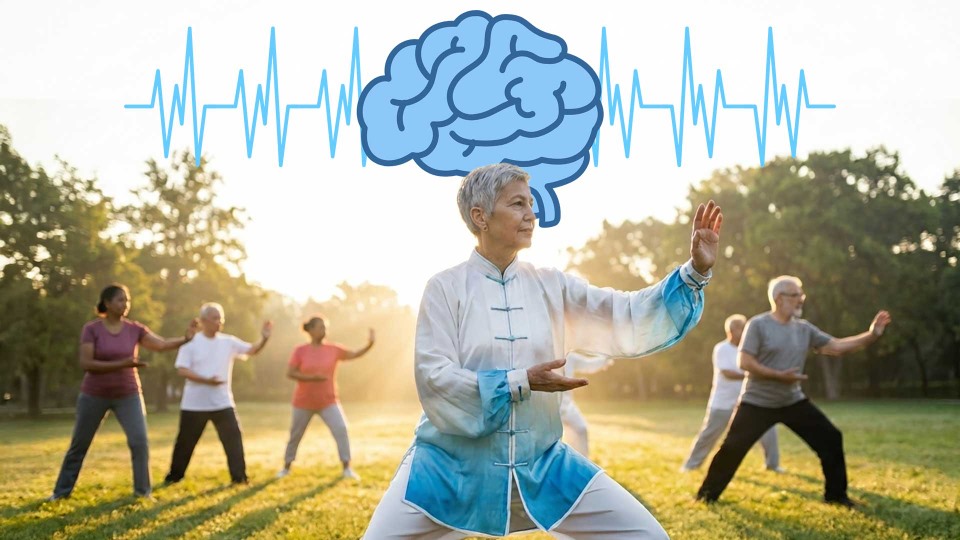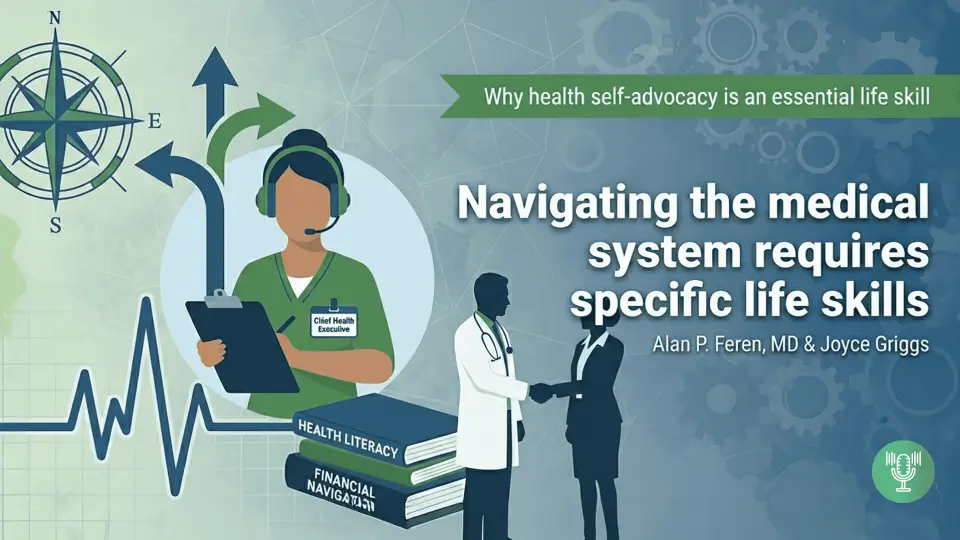Unique representative study investigates changing views on longevity and aging across health, retirement, and purpose.
A revealing new Harris Poll conducted by the firm Age Wave has confirmed substantial shifts in Americans’ perceptions of aging and longevity.
Everywhere we turn in American culture today, we see signs that we’ve entered a new age of aging. Bruce Springsteen is selling out concerts at the age of 73; Martha Stewart is a Sports Illustrated Swimsuit cover model at 81; Warren Buffet continues to dispense financial wisdom at 92. “Old age isn’t what it used to be” has become a familiar refrain—but to what extent has this taken root in the everyday lives of the American population?
To fasten some data and facts on the longevity revolution, Age Wave, a firm with nearly 40 years of expertise anticipating and understanding the profound implications of the maturing population, conducted The New Age of Aging, a Harris Poll survey of over 2,000 U.S. adults, including over 900 adults age 50+. The study’s results illustrate a dramatic shift in how Americans define old age and envision the possibilities of the later years of life.
The survey gives a crucial snapshot of our refashioned sensibilities regarding retirement, health and longevity, and the importance of leaving a legacy. “Aging has finally come of age,” said Ken Dychtwald, Ph.D., psychologist/gerontologist and founder and CEO of Age Wave. “Understanding our evolving perceptions of aging is more urgent than ever, as people over 65 make up an increasingly large portion of the U.S. population each year, with a projected 53% growth by the year 2050, according to the most recent census projections.” Dychtwald continued, “Workplaces, homes, medical systems, transportation, shopping centers, lifelong education, digital technology, and social media must all adapt to meet the demographic realities of this new age of aging.”
Here are some key takeaways from the survey.
“Old” Isn’t What It Used To Be
The survey found that 79% of adults 50+ think today’s older adults are more active, and 58% say they are more open-minded and curious compared with the previous generation.
Correspondingly, the definition of what’s considered “old” today is changing. The survey found that while age 60 was considered “old” in their grandparents’ time, now age 80 is the median age considered “old” today.
Our vocabulary is starting to reflect this shift. When discussing growing older, 69% of U.S. adults 50+ find the term “longevity” more appealing than “aging.” The positivity felt by older adults is in stark contrast to the bias against them in the media, where they are still frequently portrayed as frail, grumpy, or incoherent. In fact, older adults are seven times more likely to be represented with negative stereotypes in the media.[1]
Our Healthspans Don’t Match Our Lifespans
In recent decades, we have successfully extended our lifespans, but our health spans (i.e., the years of dependable good health) have not kept up, remaining at an average of 66 years. Americans will spend a median of 12 years living with a disability or serious disease. Looking globally, the U.S. ranks #1 in healthcare expenditures per capita but only #68 in healthy life expectancy.
Trading The Fountain Of Youth For The Fountain Of Usefulness
In this new age of aging, the importance of youthfulness has been replaced by usefulness. The survey found that 83% of U.S. adults 65+ say it’s more important for them to feel useful than youthful in their retirement years. Today’s elders increasingly want a continued sense of purpose and meaning in their lives.
Anxiety Plummets, Happiness Soars With Age
Modern elders feel happier, more free, and less anxiety-ridden than younger generations. Today’s modern elders aren’t just looking back, reminiscing on the good old times. 71% of Americans 65+ say the best time of their lives is right now or in front of them.
The Definition Of “Retirement” Is Changing
Today’s modern elders are dismantling long-held cultural beliefs and social norms about how older adults are supposed to look and act. They are eager to pursue new dreams, adventures, and goals, with 97% of adults 65+ agreeing that it’s important to stay curious and be willing to learn new things throughout life’s later years. Similarly, 66% of Americans age 50+ see retirement as a new chapter in life, while only 16% say it’s principally a time for rest and relaxation.
With these changing views of what retirement should look like, 59% of pre-retirees and retirees say they want to work in some form in retirement[2]. Employee benefits like flex-work, remote-work, sabbaticals, and paid leave can help retain older workers and fuel economic growth.
Life Lessons Are The Most Important Legacy
As famous psychologist Erik Erickson wrote, “I am what survives of me.” The study shows that 65% of adults 50+ think that values and life lessons are the most important thing to pass on to their heirs and loved ones. Only 22% said financial assets and/or real estate were the most important.
Methodology
On behalf of Age Wave, The Harris Poll conducted an online, nationally representative survey among 2,054 U.S. adults ages 18+, including 934 adults ages 50+ from June 6-8, 2023. Results were weighted to bring them into line with their actual proportions in the population.
About Age Wave
Age Wave is the nation’s foremost thought leader on population aging and its profound business, social, financial, health care, workforce, and cultural implications. Under the leadership of Founder Ken Dychtwald, Ph.D., the firm has provided breakthrough research, compelling presentations, award-winning communications, education and training systems, and results-driven consulting initiatives to over half the Fortune 500. Dychtwald’s newly updated memoir Radical Curiosity: My Life On the Age Wave will be published on September 12, 2023. For more information, visit www.agewave.com.
About The Harris Poll
The Harris Poll is a global consulting and market research firm that strives to reveal the authentic values of modern society to inspire leaders to create a better tomorrow. It works with clients in three primary areas: building twenty-first-century corporate reputation, crafting brand strategy and performance tracking, and earning organic media through public relations research. One of the longest running surveys in the U.S., The Harris Poll has tracked public opinion, motivations and social sentiment since 1963, and is now part of Stagwell, the challenger holding company built to transform marketing.
1 AARP, Media Image Landscape: Age Representation in Online Images, 2019
2 Longevity and the New Journey of Retirement study in 2022.
SOURCE Age Wave






